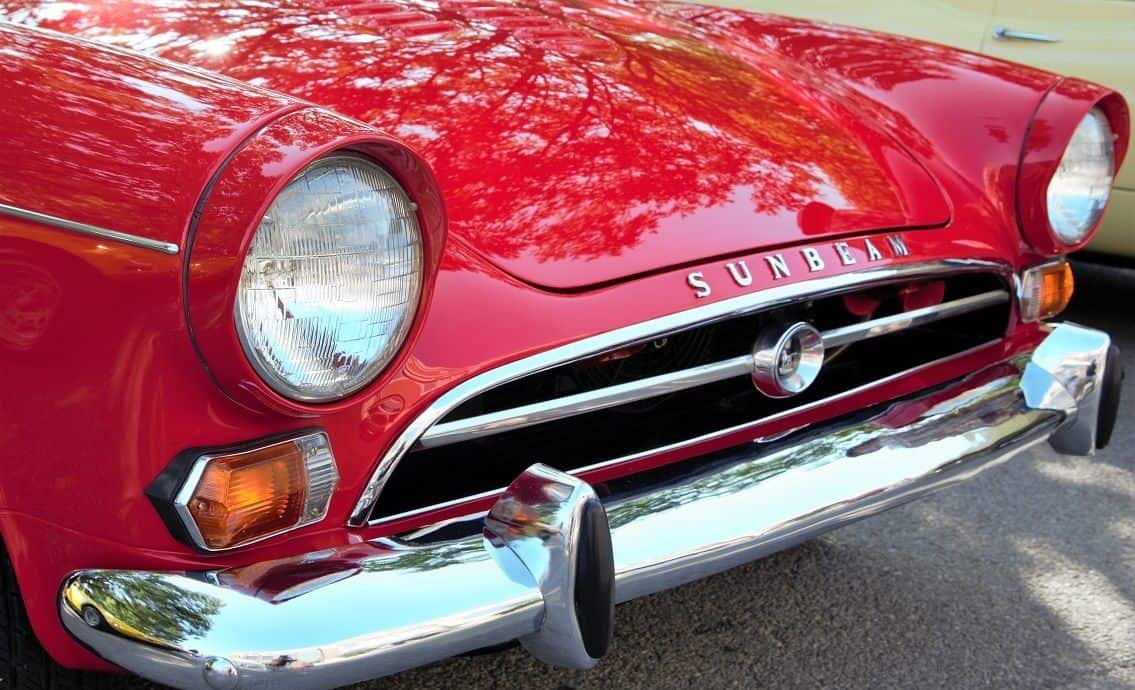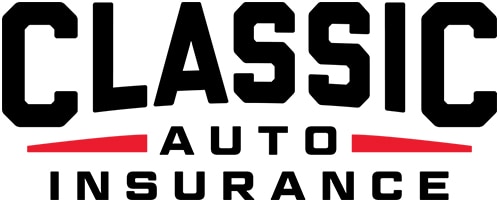
Have you had the heartbreak of selling a beloved car and regretting it later? Maybe you finally give up on a tough restoration, give in to a high-dollar offer you couldn’t refuse or sell it during tough financial times. Whatever the reason, you’ll always keep an eye out for your old friend. As you cruise through traffic and parking lots, your eye will linger on cars that look a little bit like it. At every car show, there’s always the tiniest hope that you’ll spot it in the crowd. Where is it? Who’s behind the wheel? You shudder to think that favorite vehicle could be dismantled and sold for parts. The good news: You can find out. You can track down your old car several different ways.
By Knowing the Numbers
In a car search, the vehicle identification number (VIN) is your new best friend. Find the multi-digit VIN on your old ownership or insurance paperwork. If the car is produced in 1981 or after, the VIN will have 17 digits and can easily be searched in public databases like the Lost Car Registry or Check My Ride. If it’s pre-1981, you may need to call or email the motor company to track down the vehicle’s unique ID number assigned by the company’s individual system. Luckily most car manufacturers – at least those still in business – maintain meticulous vehicle production records. But there’s a downside here. VIN searches don’t always give good insight into a car’s chain of custody. You might see the original owner, your own info and not much else – especially if it sells overseas or as parts.
By Car Sleuthing
If you’re hitting dead ends with the VIN, it’s time to go deeper into detective mode and try other tactics. Don’t waste your time going to the Department of Motor Vehicles (DMV) because the Driver’s Privacy Protection Act (DPPA) prohibits them from giving out car owners’ personal information. Instead, start contacting auto parts manufacturers, auto repair shops and car dealerships, all of which keep records about sales and repairs based on VIN numbers. They may be able to point you in the right direction. Your next stop should be car collectors’ clubs, which are full of people who enthusiastically scope out cars in their local area and at car shows. Maybe someone has spotted it recently. If all else fails, initiate a public records search, which may involve paying a service to troll through wills, divorce records, court settlements, bankruptcies and other public records. Keep hope alive. All it takes is one good lead.
By Consulting with Inspector Google
An intensive internet search may also reveal some surprising information. If it ever sells at auction, a simple Google search could provide clues you can use in your investigation: the new owner’s city, an auction house address, the fact that it has a new paint job or even an upcoming auction where it’s up for sale. Take mysterious clues straight to social media – Facebook, Instagram, YouTube and others – and plead your case to the world of car enthusiasts. Make a short post including the VIN, make, model, color, special features, the last known owner and location. Don’t forget to include your contact info and a heartfelt thanks to anyone who can help. Car collectors are a tight-knit community, and chances are they’ll have plenty of hot tips for tracking down your old pal.


Collector and Classic Car Insurance for Less
Whether your classic car is an old friend or a new love, keep it fully protected with the right kind of car insurance. Let us customize a policy to fit your needs. We offer affordable, Agreed Value coverage for a variety of collector, classic and custom vehicles. Our friendly, knowledgeable staff can answer your questions and give you a quote on the spot. Call 888-901-1338 or get an instant quote online and see how we can help safeguard your dream car.





